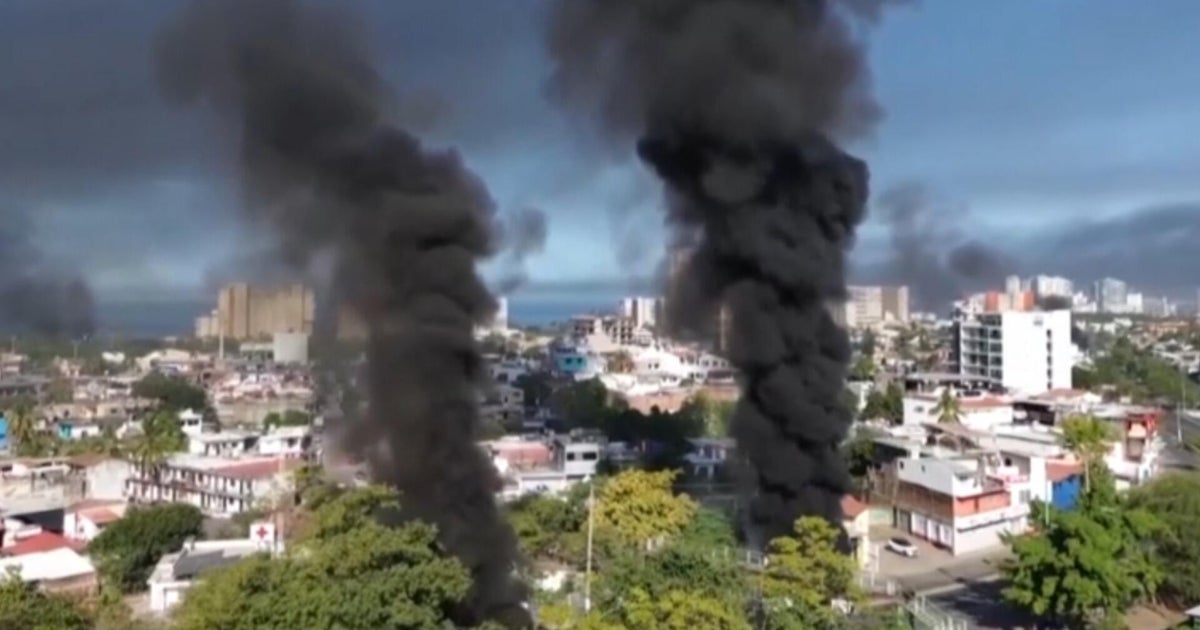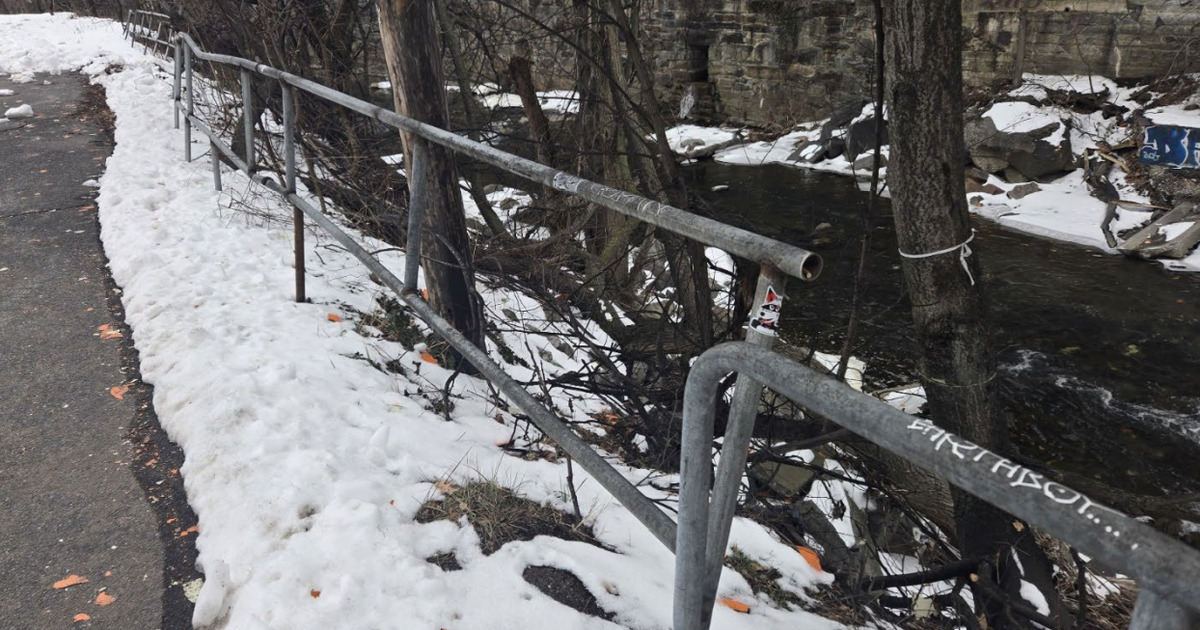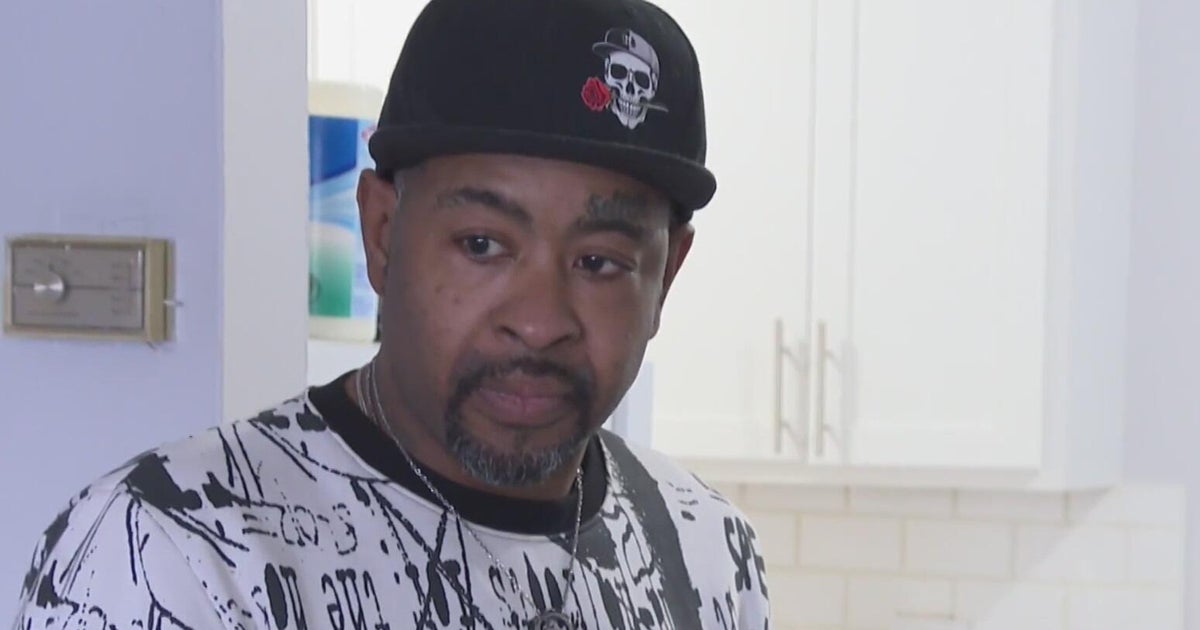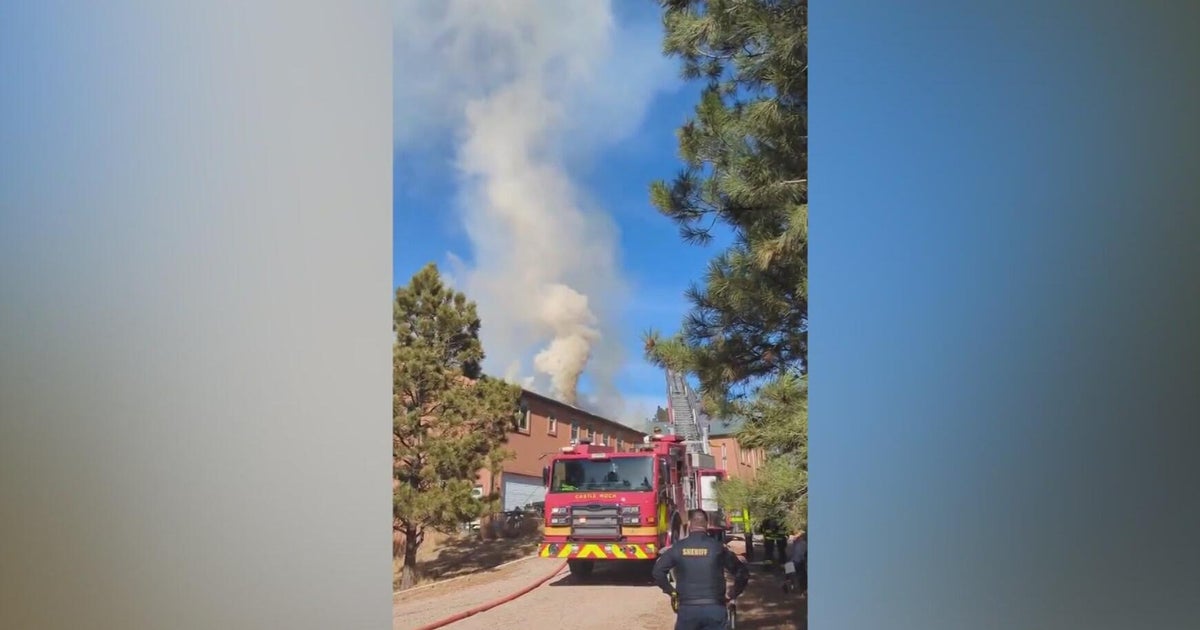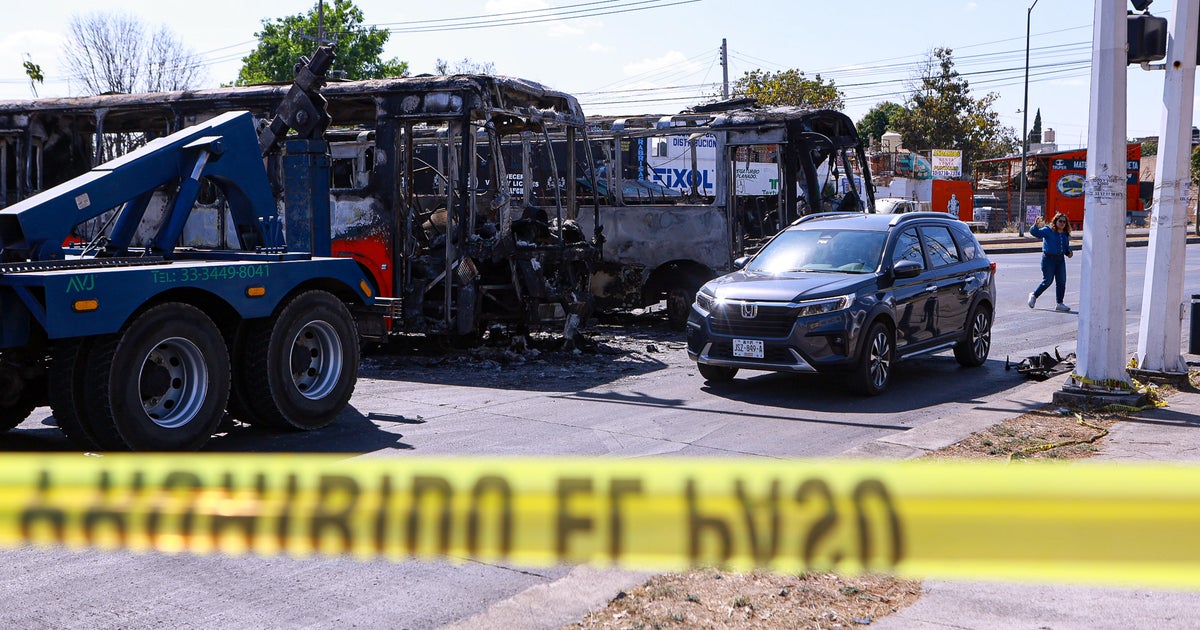Study Finds Cash Transfers To Poor Have Positive Ripple Effect
BERKELEY (KPIX 5) -- A new study carried out in rural Kenya shows giving cash to the poor is the best way to help someone break the cycle of poverty; a study that could have implications for action in the Bay Area.
"In our case, trusting the poor to spend money on what's best for them worked very well," said Ted Miguel, one of the study's lead authors and Faculty Director for the Center for Effective Global Action at UC Berkeley.
Miguel has been visiting rural Kenya for two decades now. During his most recent trip his team gave poor Kenyans $1,000 in cash and saw a stimulus.
"There's been a fear that providing cash, you would give it to poor households that would spend it in unwise ways, that they would buy alcohol drugs or gamble it away we didn't find any evidence of that," Miguel said.
He found most Kenyans spent the money on food, home improvements and education for their children, and every dollar spent grew 2.5 times in the local economy.
To Miguel, it's a message that we need to be more trusting of the poor, and that we should explore the concept of universal basic income, an idea popularized most recently by presidential candidate Andrew Yang. Yang gave $1,000 in cash to families on the edge and found it made a big difference.
"Relatively small amounts of cash can really help people on the edge of subsistence avoid cycles of poverty," he said.
Studies show 57% of U.S. families don't have enough cash to cover a $500 unexpected expense. So in a region where the margin of error is so small, families can easily lose their footing because of a car crash, parking ticket, or health scare.
"That in the richest society in human history, which is what the U.S. is, is really unacceptable," Miguel said.
Rural Kenya, of course, is a far cry from life in Berkeley, and Miguel says when it comes to giving the homeless cash aid, our population has more mental health and substance abuse issues that are not paralleled in the developing world.
"Here with high levels of mental health problems maybe the best thing would be cash plus assistance ... but it could be part of the solution," he said.
For Miguel the study found a simple truth, this cash infusion in Kenya helped everyone and it might be able to help people here, too.
"Transferring money to the poor doesn't benefit just the recipients but can benefit the whole local economy," he said.
Next, Miguel and his team plan to study how far the ripple effect goes, for now the Kenyans who received this funding are better off than they were 18 months ago.
Miguel says if that continues in the years to come, it's proof of a poverty gap and that an influx of cash really can help close it.

